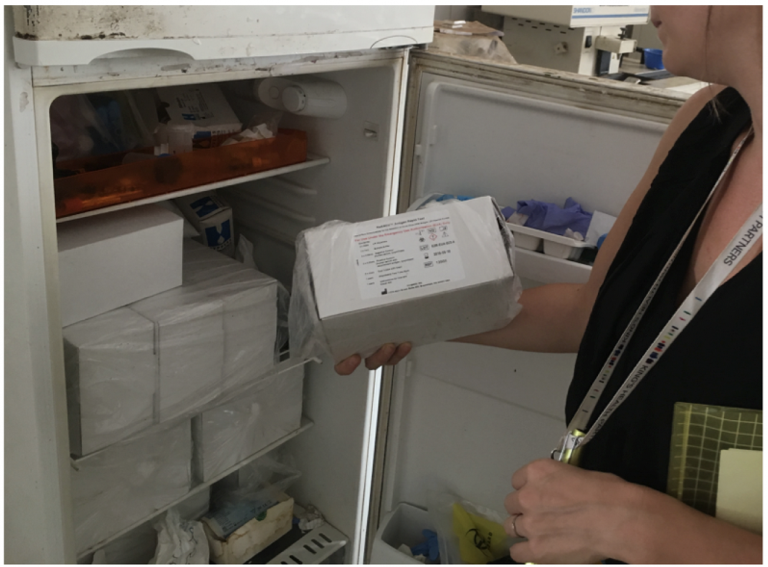Engineering Vaccine Equity & The Future of Global Health Innovation
15 June 2021, 4:00 pm–5:15 pm

This event is free.
Event Information
Open to
- All
Availability
- Yes
Cost
- Free
Organiser
-
UCL Anthropocene
Roundtable: Gustavo Matta (Fiocruz), Priti Patnaik (Geneva Health Files), Penny Carmichael (UCL), Hyo Yoon Kang (University of Kent), hosted by workshop co-convenors Andrew Barry (UCL) and Paige Patchin (UCL)
Following a series of workshops, this final roundtable will see the panel sum up conclusions and answer the questions addressed over the course of the two previous days. Is it possible to both accelerate vaccine research and production and ensure global vaccine equity at the same time, or what might potential tensions between these two goals be? How far do biomedical innovations, such as new technology platforms, themselves points towards possibilities for significant transformations of traditional R&D models? To what extent to the demands for equitable vaccine access foster the creation of new biochemical infrastructures? What changes need to happen both to reduce the threat of pandemics on a similar scale, and to address the problem of vaccine equity?
The pace of COVID-19 vaccine development has been nothing short of remarkable. In under a year from when the genomic sequence of the novel coronavirus was made publicly available, millions have received one of severable viable candidates. Yet to date the distribution of vaccines has been highly uneven. The epidemiological threat of novel mutants and vaccine-evading super-variants emerging from unchecked transmission compounds the clear and catastrophic moral failure of denying immunisation to the world’s poorer populations. Multilateral initiatives to ensure wide-spread vaccine access such as Advance Market Commitments (AMC), pool procurement schemes and ‘fair’ vaccine allocation frameworks, have been bedevilled by logistical constraints, poorly articulated regulatory frameworks and protectionist geopolitics. To improve the resilience of global outbreak response and advance durable systems for preparedness, new models for vaccine R&D are urgently needed.
Bringing together expertise from across social sciences, political economy, law and public health, this workshop will re-consider the problem of vaccine equity from new and cross-cutting perspectives—how equity in the context of accelerated R&D has been conceived and responded to, what aspects of vaccine innovation have been neglected, and how these challenges can be addressed in the future. Shedding light on the linkages between vaccines, infrastructures, expertise and publics, it allows us to raise fundamental questions about our current models of global health innovation, including what kinds of vaccines should be produced, by whom and under what conditions.
Image: Expired ReEBOV tests in a hospital laboratory in Sierra Leone. Photograph by Ann Kelly
 Close
Close

